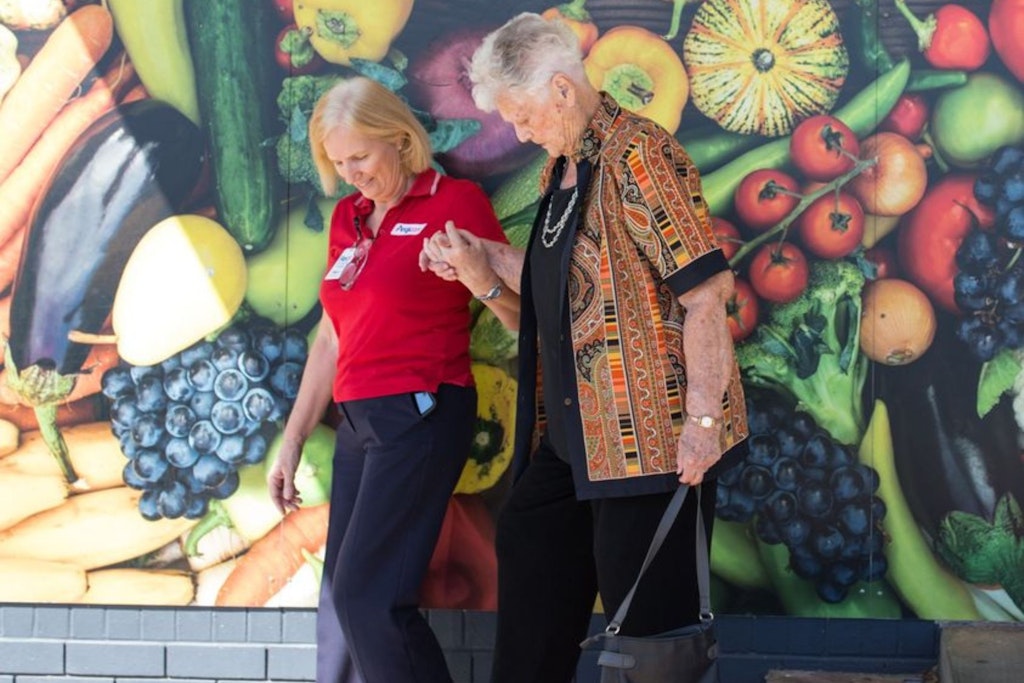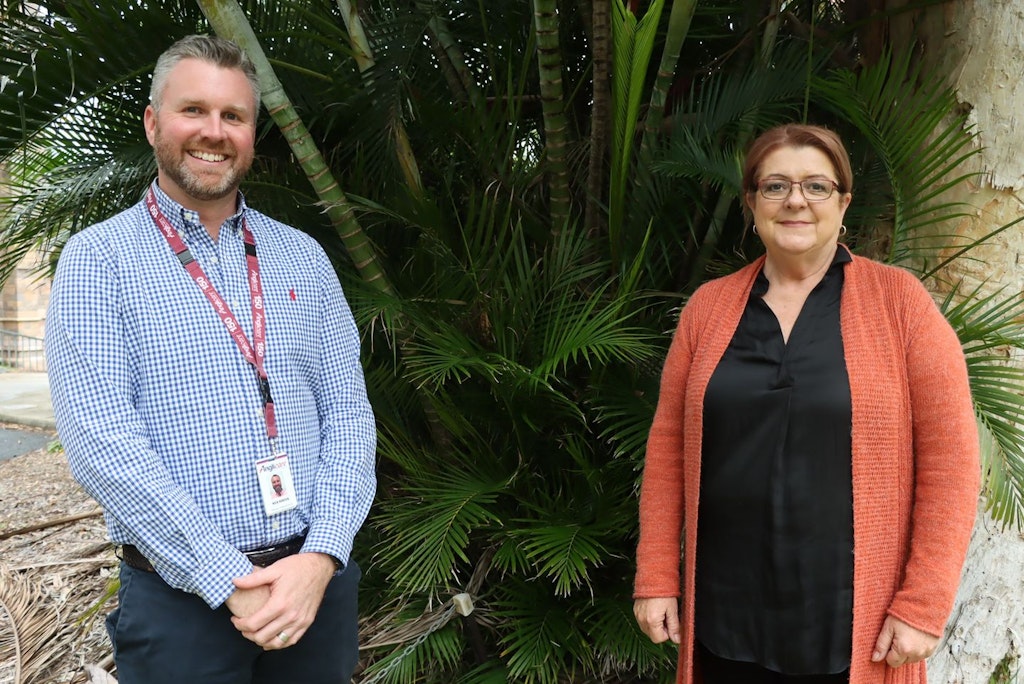Consumer perspectives embraced as preparation begins for home care reforms
Last updated on 8 February 2024

When the Department of Health and Aged Care revealed the Support At Home program would be delayed until 2025, with an additional second-stage rollout in 2027, it could have easily been viewed as a negative choice.
However, the decision shows the Department has listened closely to what home care providers want and need, and now those within the sector are working hard to implement new systems and processes that will hopefully smooth the transition to Support At Home (SAH).
Key points
- The Government’s new home care system, Support At Home, will be implemented in three stages, starting with the introduction of the single assessment system in July 2024
- Support At Home will officially replace Home Care Packages (HCP) and Short-Term Restorative Care (STRC) in July 2025
- Commonwealth Home Support Programme (CHSP) will transition into Support At Home no earlier than July 2027 to give providers additional time to adjust
Anglicare Southern Queensland (ASQ) is one of the few aged care providers consulted during the evaluation phase of SAH. Nick Hansen, Chief Operating Officer for Aged & Community Services, told hello leaders there was a clear interest from the Government regarding front and back-end processes, particularly as home care providers cater for vastly different consumer base sizes.
He said key information he wants to see soon includes more information on the single-service assessment framework, front-end design and billing and payment components.
“We’re looking forward to hearing from the Aged Care Taskforce regarding the nuts and bolts of how the whole system will work. As operators, we always go to the nth level of detail, so how does a consumer come to be a consumer in the aged care system… and then how do they start moving through the system within that single assessment framework,” Mr Hansen said.
“What will income-tested fees or means-tested care fees look like in the new world? How will we as providers be paid and how will that whole claiming system and back-of-house B2B system work? That will significantly change for us when we go from bulk Commonwealth Home Support Programme funding over to being paid per delivery of service.”

Although ASQ is just one of many providers keeping an eye on future announcements for in-home care reform, they’re not wasting any time in establishing systems and processes to enhance home care services.
Their Government consultation experience led to an increased understanding of their own vendor relationships and systems, showcasing the need to have technology flexible enough to adapt to incoming reform requirements. Meanwhile, Mr Hansen said they have also introduced solutions to strengthen the provider-client relationship.
“Ensuring our customers are well-shored up and are happy with the service we provide has been our focus while moving toward the Support At Home program. There’s the service we provide once we walk in through the front door, but there’s also the wraparound service we provide every other minute of the day from our contact centre to resourcing clients and secondary clients, being their family and representatives,” he said.
One element is a consumer-managed application via Hayylo that gives clients more control over their home care services, including the ability to instantly cancel and reschedule their appointments without having to call ASQ’s contact centre, wait for a scheduling team to make a change and be notified later.
Consumer voices inspire home care change
In line with other aged care reforms, ASQ has been working closely with its consumer advisory body. Mr Hansen said knowledge gained from this consumer body has strengthened ASQ’s relationship with its staff, leading to an ‘always on’ approach where they are proactively seeking regular feedback from clients.
“Our contact centre now initiates feedback with questions such as ‘thinking about your last service with Anglicare, on a scale of 1 to 5 how would you rate it?’. Just small conversation starters like that get improvement information for us,” he said.
“Then we can continue to refine and improve that engagement with our clients. It’s far more proactive now in terms of knowing what you don’t already know and confirming what you do know or assume.”
A quality care advisory body was also introduced as per Government requirements with their first report to be presented to ASQ’s board in March. Mr Hansen added that members of both bodies have identified areas of improvement, even challenging provider assumptions regarding the differing priorities.
“Having the engagement of both clients and representatives on that body has been amazing for mining different improvements we’re seeking to make and also digesting the wealth of data and metrics that we have,” Mr Hansen said.
“They have been great in pinpointing what’s most important and telling us to do certain things first because they will have maximum client benefit and impact. Sometimes we see other things as more beneficial to clients but hearing directly from the bodies has helped us to have plans that are going to best support the clients.”
With just under 18 months until the first stage of the Stay At Home program is introduced, there are positive signs within the sector that providers – such as Anglicare Southern Queensland – are working hard to be ready and prepared for whatever may come.